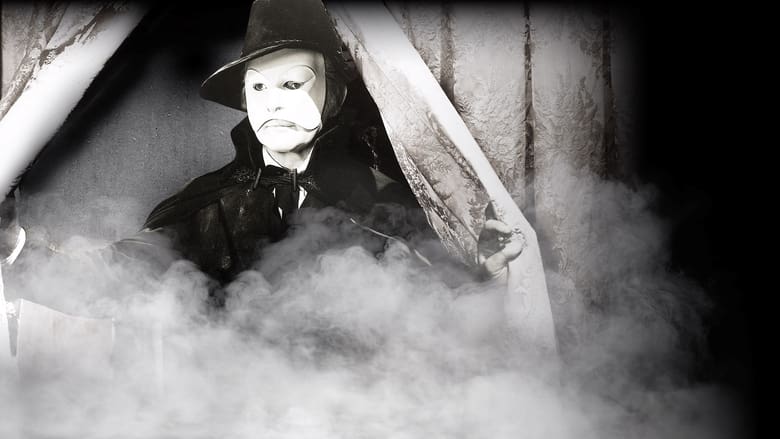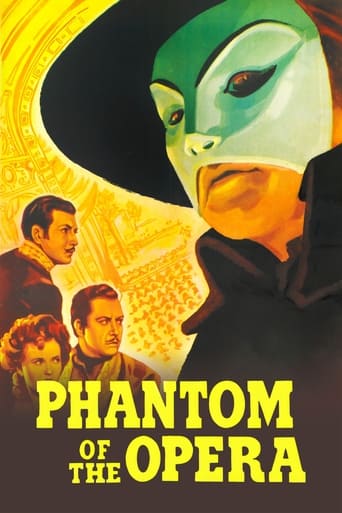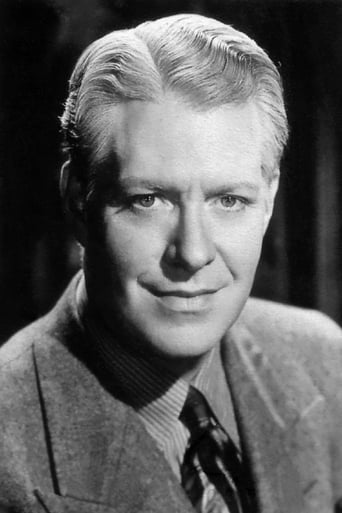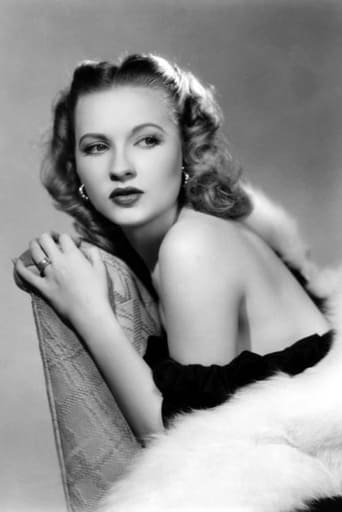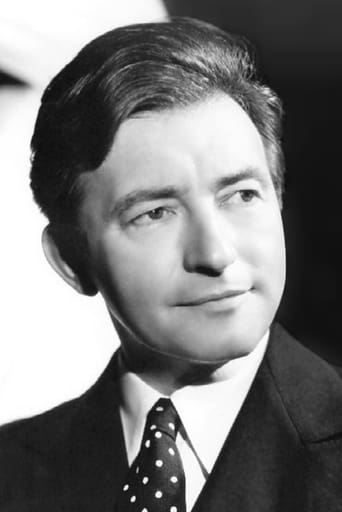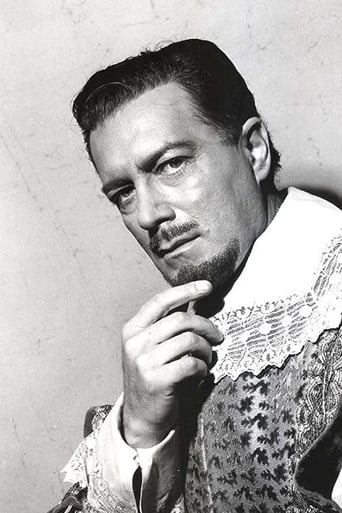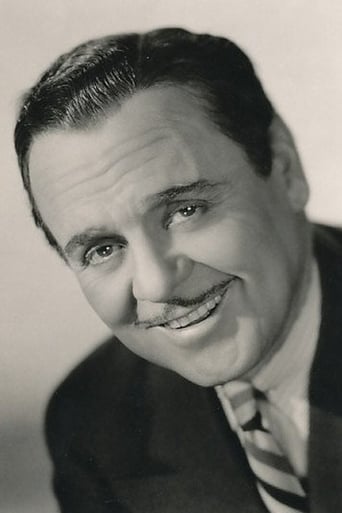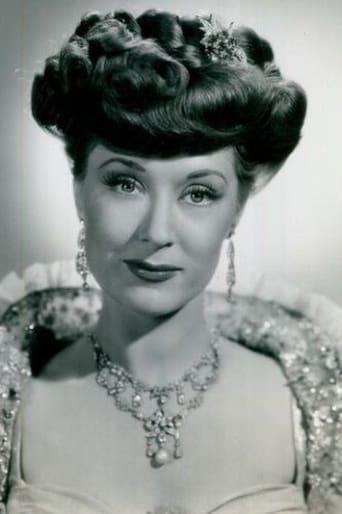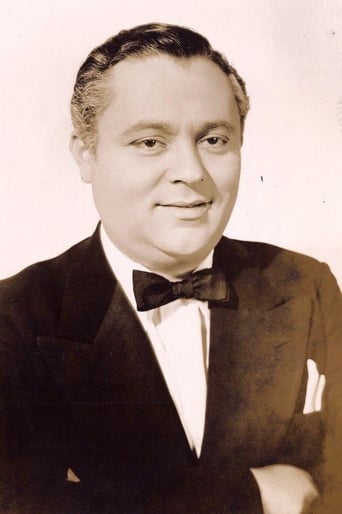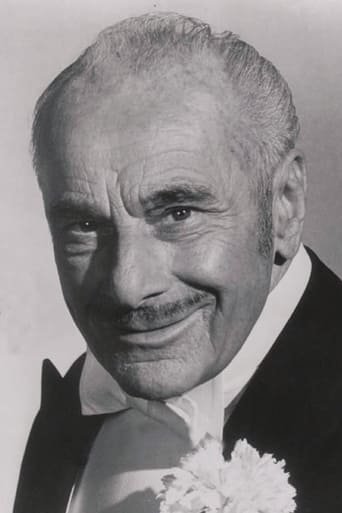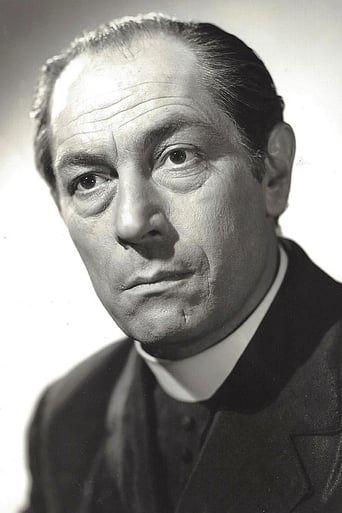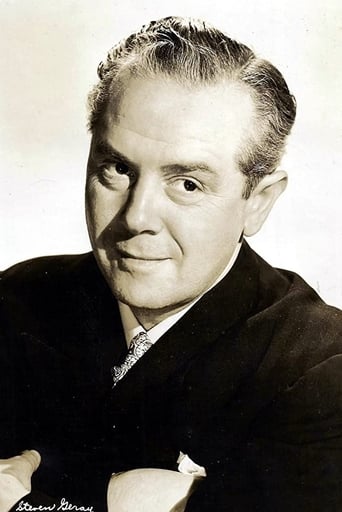Following a tragic accident that leaves him disfigured, crazed composer Erique Claudin transformed into a masked phantom who schemes to make beautiful young soprano Christine Dubois the star of the opera and wreak revenge on those who stole his music.
Similar titles
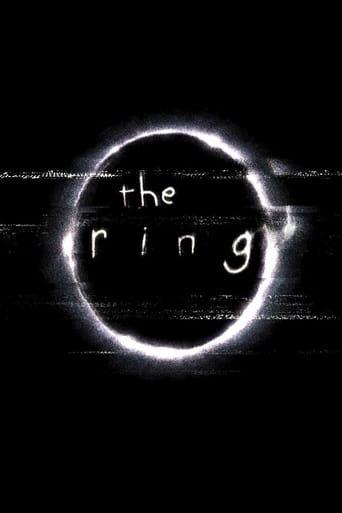
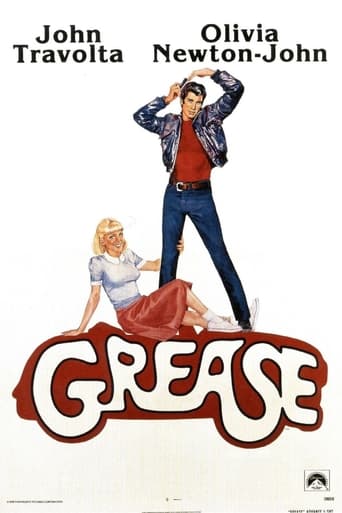
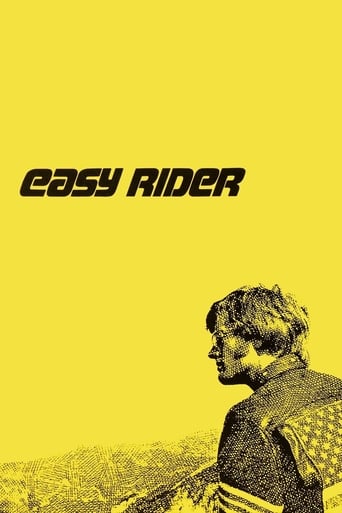

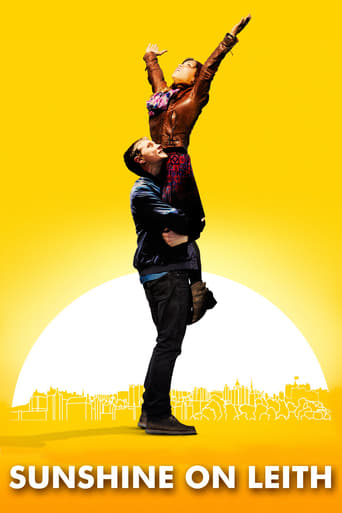
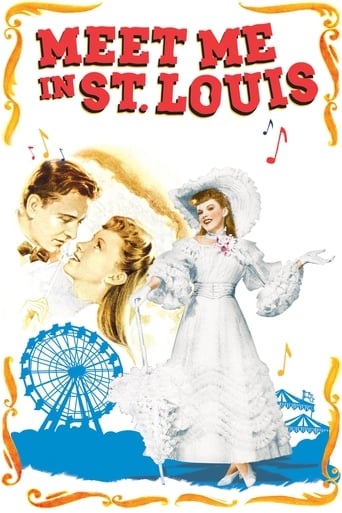
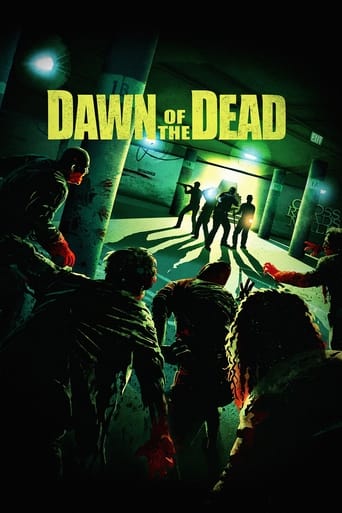
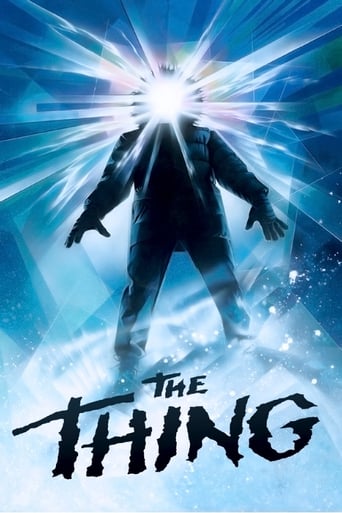
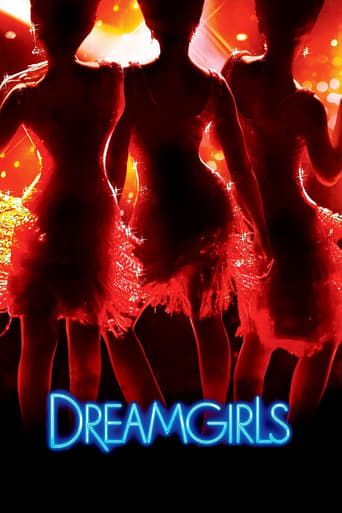
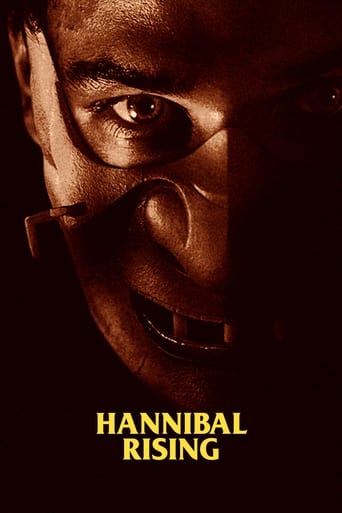
You May Also Like
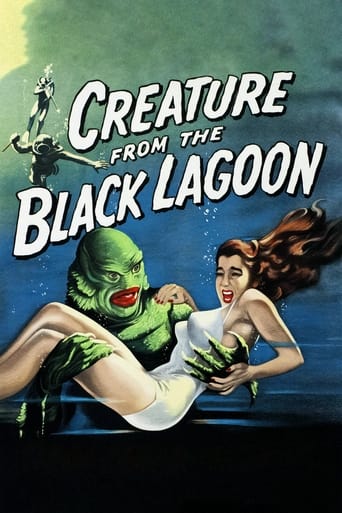
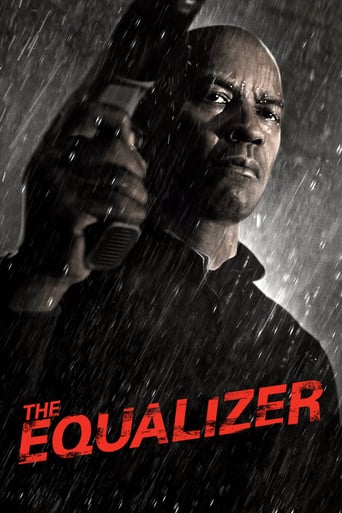
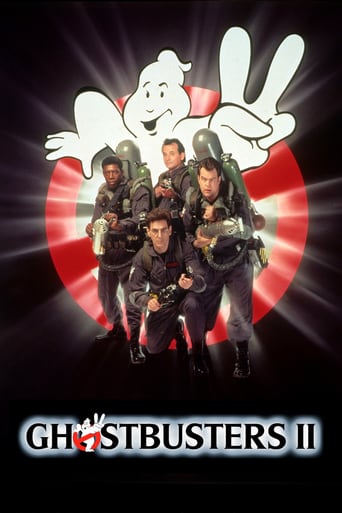
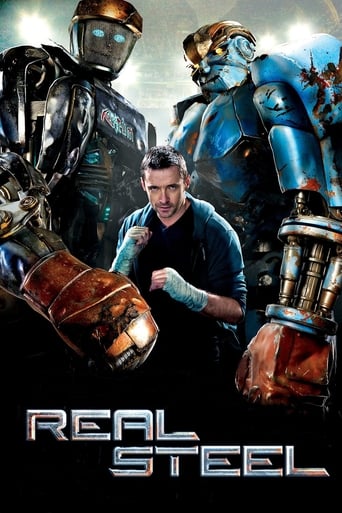
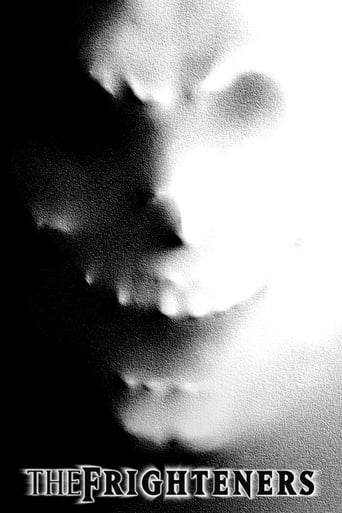
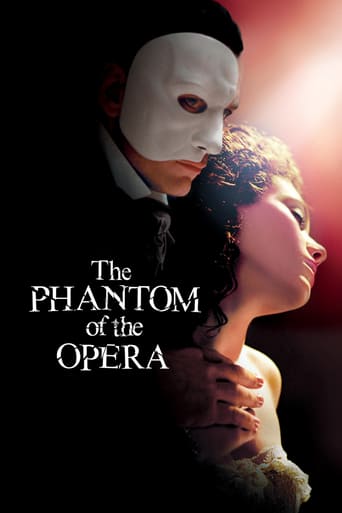
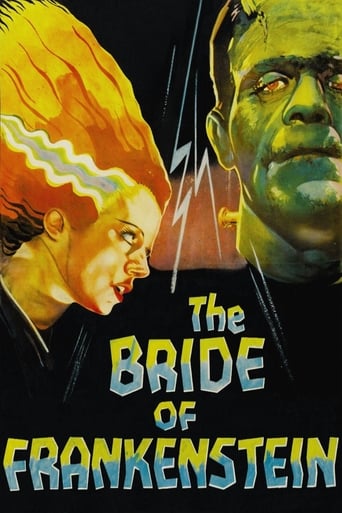
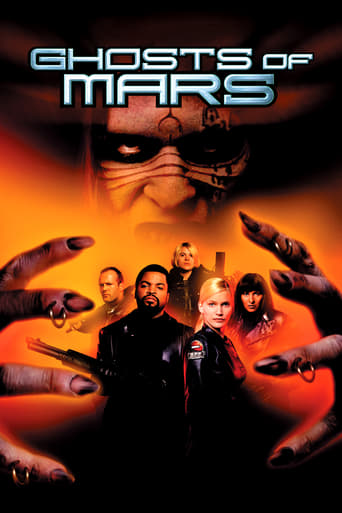
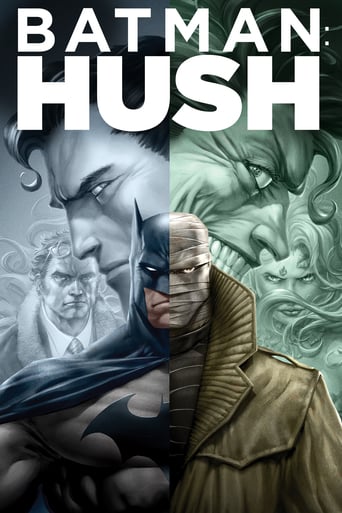
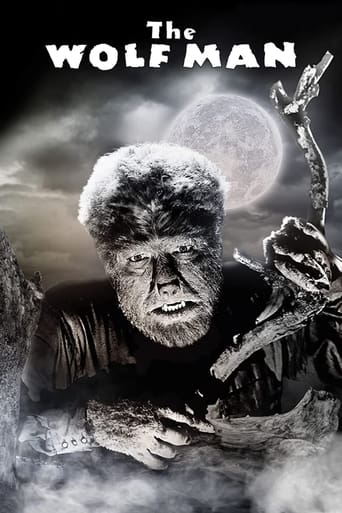
Reviews
best movie i've ever seen.
A great movie, one of the best of this year. There was a bit of confusion at one point in the plot, but nothing serious.
There's no way I can possibly love it entirely but I just think its ridiculously bad, but enjoyable at the same time.
The movie's neither hopeful in contrived ways, nor hopeless in different contrived ways. Somehow it manages to be wonderful
(Please see Part Two upon completion, maybe even Part Three, as there's a lot to cover!)In 1947/48, I was 8/9 years of age, and we were all doing a lot of Arabian Nights reading. Suddenly, the RKO Greenpoint had a Monday-Tuesday double bill (revivals, I later learned), the prime film for us being ALI BABA AND THE FORTY THIEVES. Who knew such a thing existed, since we were only 3 or 4 when it had come out? So, at least in my case, I went to see it (probably for $.12). The visit literally changed my life! Big statement? Read on. The other film with ALI BABA was THE PHANTOM OF THE OPERA, and I had no idea what either a phantom or an opera was. Well, when I got home that night, all I could talk about was that second feature. ALI BABA was okay, but PHANTOM? I was just overwhelmed with it and by it. I still am. I learned who Claude Rains was, I heard gorgeous music (classical, but I didn't quite know it then), and practically hid under the seat for the Phantom's unmasking. I went to see the double bill again the next day, and then started a process that was to go on until I was at least out of high school, of following PHANTOM around the various Greenpoint and Williamsburg theaters, and even to Manhattan, going to see it wherever it played. In the course of doing so, I saw terrific co-features like DESTRY RIDES AGAIN and THE SPANISH MAIN, but they really didn't matter. It was PHANTOM and only PHANTOM that mattered. Rains became my favorite actor (he still is), and as I started to listen to classical music on the radio, little by little I learned what at least some of the music heard in the film had consisted of, most especially Chopin's First Polonaise and his most famous Nocturne, and then Tchaikovsky's Fourth Symphony. Regarding the latter, after hearing it on the radio and with my birthday coming up, I told my folks I wanted a recording of that symphony, and Mom went out and found one right here in North Brooklyn, a Columbia five-record 78 set by Dmitri Mitropoulos and the Minneapolis Orchestra. I must have played it 250 times (poor Mom - Dad worked nights). Amazingly enough, while all of the melodies from the film permeated my being (almost all classical music seemed to do so), I was totally indifferent to the singing of Eddy and Foster. Singing would remain something of a blind spot with me until I hit 12 and saw THE GREAT CARUSO, at which time the world opened up to me in a manner previously unexpected. Today, my collection includes some 70,000 recordings (78s, 45s, LPs and CDs), 95% of them classical vocal, not to mention over 26,000 films, and I am a well-known collector and "expert" on the history of singing as vouchsafed to us by the recording medium, and I am still impressed just enough by my memories of my 12-and-younger life to know, repeat KNOW, that the rest of this very enjoyable life I have led would never have come to pass without my exposure, at exactly the right time, to both THE PHANTOM OF THE OPERA and THE GREAT CARUSOThe above is a pretty long preamble to my main reason for writing this review here - as a defense of this 1943 THE PHANTOM OF THE OPERA, which I have long heard condescended to by film critics, horror movie lovers, musicians, people who don't know as much as they think they do in the areas of both movies and music, and (unfortunately) snobs. I have read all 83 reviews put up here, and some of them seem to understand the unique reasons to love this film, while others don't. I will not find fault with individual reviews, but I have noted a great many areas of agreement of why it is a great movie, but many more areas of condemnation of it, which I propose to address now, subject by subject. A full reading of what follows may give you nothing, but I am hoping it will enlighten viewers as to why the vast majority of negative reviews are either ill-informed, mark non-judicious understanding of films, social conditions, etc. of 75 years ago, or may be simply deficient in knowledge of music, singing, and most importantly, the narrative structure of the film which quite literally demands every moment devoted to operatic music and/or scenes included in this movie. 1. There are many complaints, both here and in books on the history of the horror film, that in this one, there is simply too much music and not enough horror. However, this is not a horror film, no more than the 1925 version was a horror film, nor anymore than the Gaston Leroux novel was a horror story. The novel was what we now call a "thriller" and so are these first two movies based on it. (We will not concern ourselves here with subsequent film versions.) Look at the original story, of an unfortunate man who is born with a skull for a face and who, before the novel ends, has set up a plan to blow up all of Paris if his wishes are not acceded to. That is almost the definition of a thriller, not a horror story. Oh, the face is horrific enough, especially in the Chaney film version, but there is little else of horror in it, and much of the thriller throughout. This 1943 version eschews almost all the 'horror' except how the Phantom gets to look that way, and doesn't address any of the Phantom's grandiose plans outside of what takes place within the opera house. The murders of the publisher, the two women in the dressing room, and a policeman are the only individual ones in the movie (the chandelier incident is something else), but with all the deaths, only one of them is actually seen from beginning to end, that of the publisher. Those are hardly the makings of a 'horror' film. So, for the time being at least, bear with me in my assertion that we are watching a thriller here.2. There are many complaints that this film doesn't follow, even that it has precious little to do with, the original Leroux story. (The 1925 version is closer, but hardly faithful, to Leroux.) So what? The two other great Universal horror films that precede this one and that are based on outside novels, and that everyone seems to want to drag in, are FRANKENSTEIN and DRACULA, and those two films are so divorced from their original sources as to be almost unrecognizable. FRANKENSTEIN, written in 1816, is brought up to 1930, and in the movie the Monster does not gain speech by observing a loving family while in hiding nor does he narrate any part of his own story, Victor's bride is not murdered on her wedding day, there is no chase to northern climes and the Monster does not end up floating off on an ice floe in a kind of depressed suicide; there are no characters in the book even vaguely resembling Fritz and Baron Frankenstein, for no good reason "Victor" is changed to "Henry", Henry and his lady love enjoy a happy ending, etc. If anything, the book is near tragical in storyline and effect and is as much a thriller as a horror story (people travel vast distances in it); the movie is a great one, but has little to do with its source material. The film DRACULA is even worse after its opening 15 minutes or so. Except for the performances, it is not anywhere near being great by any stretch of the imagination, and the entire movie, based on a stage play adapted from the novel, is not only static visually, but almost eschews the entire narrative line of Stoker's DRACULA. The Stoker novel is really a thriller, the second part of it almost a "chase novel" as ALL of the admirable people in it travel halfway across Europe from England, by rail, stagecoach, boat, etc. in a frantic effort to reach Transylvania and Castle Dracula before the Count, whose coffin is traveling its own separate route to the same destination, can get there, all knowing full well that if they fail it may cost Mina Harker her life and soul, with perhaps the same effect on the brave men taking on the Count. And Mina is part of her own defense network, not the simpering heroine of the 1930 film. How dare anyone call into question the changes from novel to film in PHANTOM by bringing up FRANKENSTEIN and DRACULA? Either they have never read the three novels or they are just reflecting received wisdom! 3. Claim: What little horror there is in the 1943 PHANTOM comes with Claudin's unmasking, and that is a terribly disappointing thing in this film. Maybe in 2018 it is, but in 1943 it was surely more than horrifying enough. Think about it. What horror film have you seen from before 1956, especially in Technicolor, that shows even a drop of blood, let alone anything approaching true visual horror? When Hammer made THE CURSE OF FRANKENSTEIN in 1956, I can remember audiences kind of tittering uneasily and then some self-conscious laughs breaking out when Peter Cushing's good doctor did nothing more than bring his bloody hands up from an unseen table and wipe them on his doctor's smock. Nothing like that had been seen before. We know that Claudin's face has been disfigured by acid, but we don't know the extent of the damage. When we see him in close-up, with a mask that could just as easily belong to Zorro as to the Phantom, it doesn't seem to be all that bad. Then, when Christine tears the mask off his face under the Paris Opera, we see that only about half of his face has been destroyed by the acid, but the make-up is phenomenally perfect to indicate the seriousness (and what must have been the agony) of those burns. Things like that were not shown in 1943; they simply weren't. Search your memory and remember even one. And as I saw that film over and over again into my teens, I can assure readers that everybody in those audiences let out one big scream as the face appeared in close-up on the big screen, part of the effect due to the anticipation caused by the build-up of the music and Christine's singing of it as her hand edges closer and closer to the mask. Today, children are watching kiddie shows and movies with monsters that would have made those we used to see in TALES OF THE CRYPT comic books look like Roy Rogers and Gene Autry. But In 1943, that face was overwhelmingly horrifying.
I usually dislike movies from this period. Normally the content is maudlin, the acting stiff or hokey, the sets a bit dorky, the plot weak, the camera angles and shots pedestrian.However...I really liked this film. A little of the dialog was typical of the era, but I didn't feel awkward listening to anything. There's some light comedy between two suitors that got a little over-the-top, but I got a laugh. I hated the bit at the beginning with the fake violin playing. It's one thing to shoot such scenes at a distance, but a closeup of a violinist mostly holding still while music plays loudly is as ridiculous as as putting a cowboy on saw horse and keeping that in the scene. Other than that, most of the film plays quite well. What I think I liked best was a combination of the play of shadow throughout and some very good camera angles. The opera work was very good, but I haven't seen a lot of that in movies outside "Amadeus" so I'm hard pressed to say much more about it other than I'd like Opera if there weren't sopranos. (I won't blame this film for those bits for seeming like fingernails on a blackboard.) Anyways, I think the studio could have coughed up a few bucks for basic violin lessons for Rains so that scene would't have to be so awkward. Unfortunately, we put up with fake music crap for 30 years following that and decades preceding.Enough rambling. It's a good film for an oldie. No regrets of losing 90 minutes of my life or anything. Now I want to see the Lon Chaney version and others. This gets a solid 7 as a great classic.
The Phantom of the Opera (1943): Dir: Arthur Lubin / Cast: Claude Rains, Susanna Foster, Nelson Eddy, Edgar Barrier, Jane Farrar: Originally made as a silent film in 1925, and here it makes its debut with sound. Title suggests disruption of peace. Claude Rains stars as a struggling composer whose music is stolen and he suffers a fatal facial injury while attempting to retrieve it. He terrorizes the opera and favours a young female singer be given a better deal. Effective plot with detailed writing that indicates that doing wrong to express right will ultimately fail. Skillful directing by Arthur Lubin with great production design. Rains is excellent as a musician released from his job only to discover deceit. He is menacing as the phantom while pushing the talent of a woman who can do what he cannot anymore. Despite his madness it will only lead to damnation. Susanna Foster plays the woman who he is smitten with. There are those hoping to separate her from her talent but the phantom will have none of it. Her final scene is a great push for independence. There are two suitors out for her hand. Nelson Eddy has her best interest in mind while Edgar Barrier is out for control. Jane Farrar plays a diva out to remain the focal point of attention because she is obviously insecure. In the end she will win leaving one applauding and the other disappointed. It regards anger and how it can destroy when not controlled. Score: 9 / 10
This version of POTO is far from the thriller or horror genre. While it includes elements of both every now and then, it's more of a romantic comedy with musical numbers sprinkled about. The luscious Technicolor used is as far from the Gothic mood of the story, but damn, I cannot deny it's just gorgeous. The cinematography is the principal reason to watch this version. Plus fans of the silent version with Lon Chaney might be interested to see what the "Phantom Stage" looks like in color.Claude Rains brings great pathos and his velvety voice to the role of the phantom. More memorable for this movie-goer is Susannah Foster as Christine. She was absolutely perfect in the role: not only does she physically resemble the character of the book but she manages to be both a classic ingénue and a fiery career woman all at once. Plus she could actually sing! A shame she wasn't cast in a more book accurate adaptation. The part of Christine's bland lover Raoul is split into two characters played by Nelson Eddy and Edgar Barrier; both are the least entertaining part of the movie. One wishes more screen time had been given to Rains.
Top Streaming Movies











